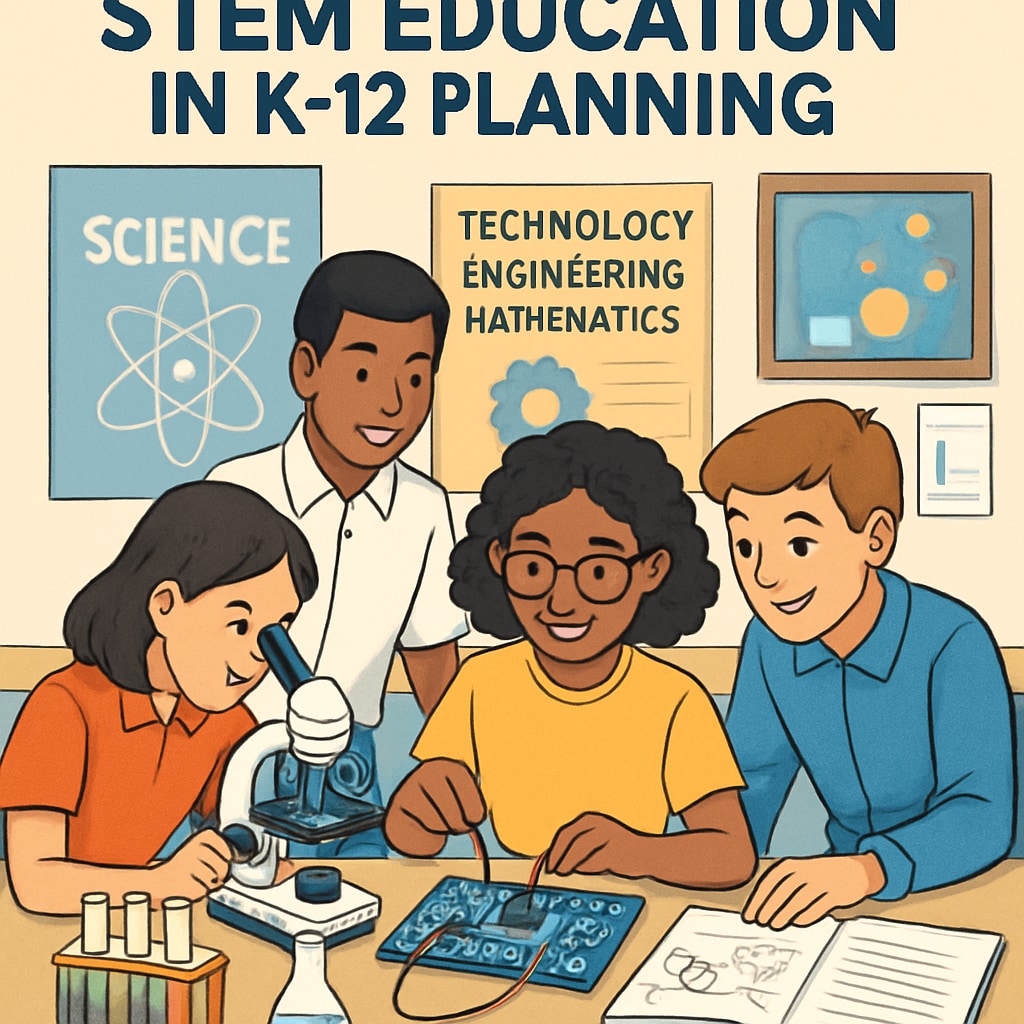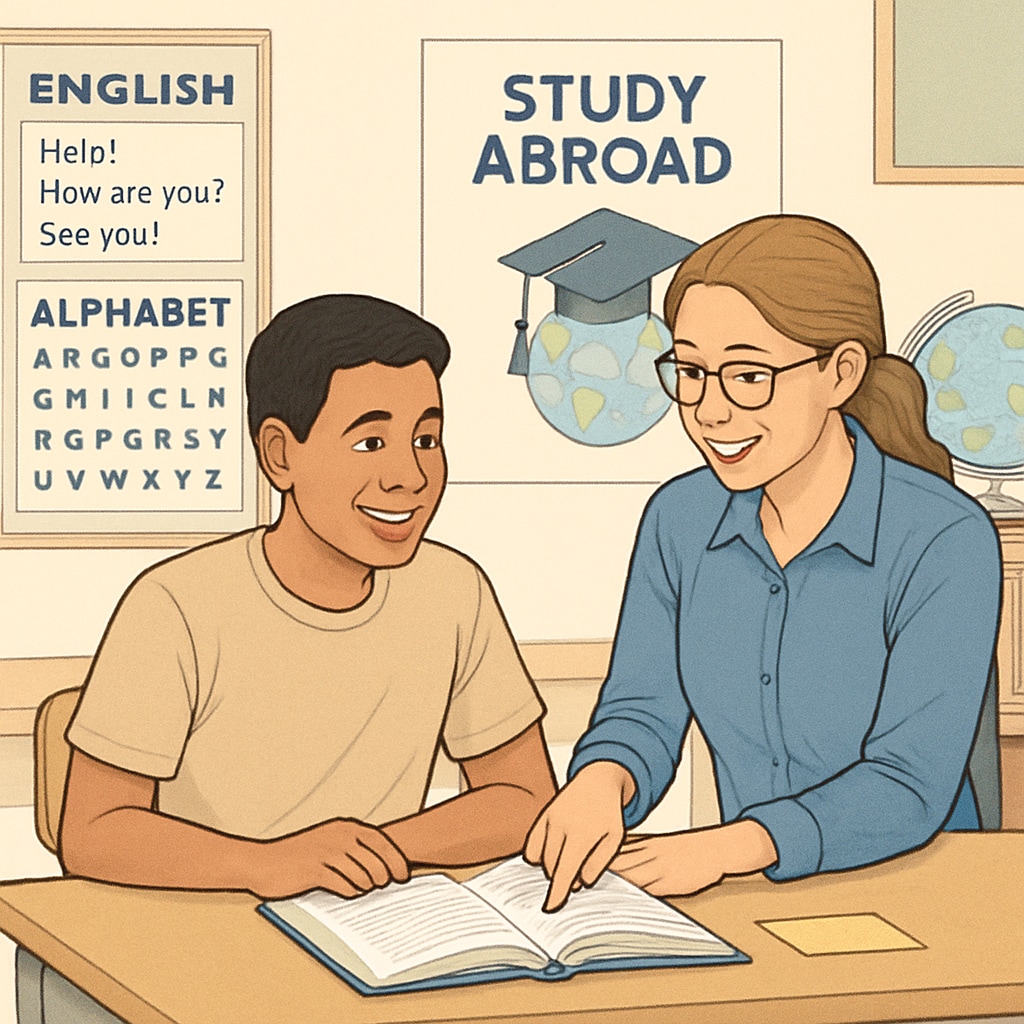Planning for studying abroad, particularly in the United States, requires a strategic approach that begins early. For families considering graduate studies like a master’s degree in the U.S., the foundation for success is often laid during the K-12 years. This article will provide a comprehensive guide to help parents and students navigate academic preparation, language proficiency, and extracurricular development to secure future international education opportunities. Additionally, we’ll discuss how to identify reliable study abroad agencies to support this journey.
Academic Preparation: The Bedrock of Future Success
Strong academic performance is a critical factor for admission to U.S. universities. During the K-12 years, students should focus on developing a robust academic portfolio that includes challenging coursework, strong grades, and a solid understanding of core subjects like math, science, and English.
- Advanced Placement (AP) or International Baccalaureate (IB): These programs showcase a student’s ability to handle college-level coursework.
- STEM Focus: For students interested in engineering, technology, or science-related fields, excelling in STEM subjects is essential.
- Creative Subjects: Arts, humanities, and social sciences are equally important for demonstrating well-roundedness.
Parents can also encourage participation in academic competitions, such as math olympiads or science fairs, which not only enhance knowledge but also stand out on college applications.

Language Proficiency: A Key to Thriving in U.S. Universities
English proficiency is essential for studying in the United States. While most students begin learning English early, mastering academic English for university settings requires deliberate practice. Here are some strategies to develop language skills:
- Standardized Tests: Prepare early for exams like TOEFL or IELTS, which assess English proficiency for academic purposes.
- Reading and Writing: Encourage reading widely and writing essays to build vocabulary and critical thinking.
- Speaking Practice: Join English-speaking clubs or participate in debates to improve confidence in verbal communication.
Students who are bilingual or multilingual can also leverage their language skills as a unique asset in their applications.

Extracurricular Activities: Building a Unique Profile
Extracurricular activities play a significant role in U.S. college admissions. Beyond academics and language skills, universities look for students who demonstrate leadership, creativity, and community involvement. Here’s how students can build a strong extracurricular profile:
- Leadership Roles: Take on leadership positions in school clubs, sports teams, or volunteer organizations.
- Community Engagement: Participate in local or global initiatives that align with personal values.
- Hobbies and Talents: Cultivate unique skills, such as playing a musical instrument or creating digital content, to showcase individuality.
Extracurriculars not only enrich a student’s personal development but also make their applications more compelling to admission committees.
The Role of Study Abroad Agencies
While students and parents can handle much of the preparation independently, study abroad agencies can provide valuable support, especially for complex processes like application submissions, visa procedures, and interview coaching. When selecting an agency, consider the following:
- Reputation: Look for agencies with positive reviews and a proven track record of helping students get into top universities.
- Services Offered: Ensure the agency provides comprehensive support, including test preparation, essay editing, and financial planning.
- Transparency: Choose agencies that offer clear pricing and detailed guidance without hidden fees.
For more information, resources like Wikipedia’s study abroad guide and Britannica’s overview of international students can provide additional insights.
In conclusion, early preparation during the K-12 years can pave the way for a successful study abroad experience. By focusing on academics, language skills, and extracurricular development, and by leveraging the expertise of reliable study abroad agencies, students can maximize their chances of achieving their educational goals in the United States.
Readability guidance: Use short paragraphs and lists to summarize key points. Incorporate transition words to improve flow. Ensure a balance of active voice and concise sentence structure.


